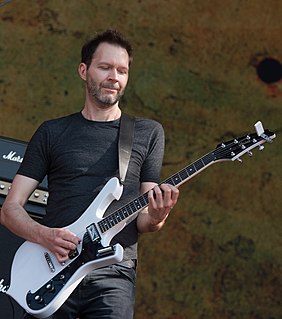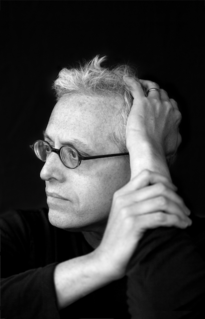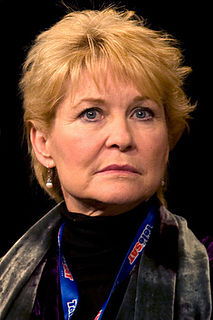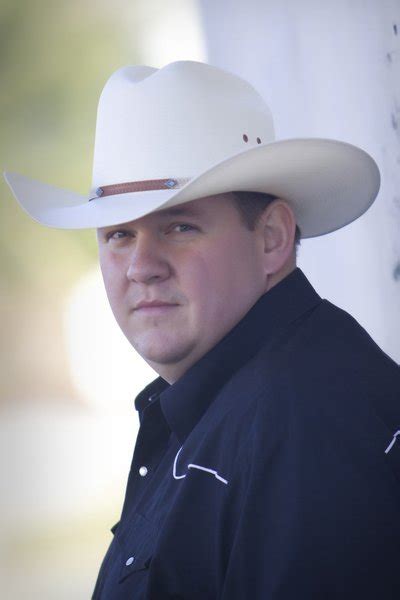A Quote by David C. Driskell
I hadn't had any course work in ceramics. I had no courses in art education but I wasn't going to let this chance to have a job pass me by. I went out and learned and I stayed one step ahead of the students by reading and I got to be pretty proficient at throwing on the wheel and making my own glazes, ordering the chemicals and having the students go out and dig and process their clay, and doing things that they weren't teaching at Howard University. So Talladega College opened up my whole sensibility about experimental teaching.
Quote Topics
About
Any
Art
Art Education
Ceramics
Chance
Chemicals
Clay
College
Course
Courses
Dig
Doing
Education
Experimental
Go
Going
Got
Had
Having
Job
Learned
Making
Me
My Own
Opened
Ordering
Out
Own
Pass
Pretty
Process
Proficient
Reading
Sensibility
Stayed
Step
Students
Teaching
Things
Throwing
University
Up
Wheel
Whole
Work
Related Quotes
I am relieved that, in my own teaching, I don't have to moderate between high stake teaching and education for the virtues. If I did, I would give students the tools to take the tests but not spend an inordinate amount of time on test prep nor on 'teaching to the test.' If the students, or their parents, want drill in testing, they'd have to go elsewhere. As a professional, my most important obligation is to teach the topic, skills, and methods in ways that I feel are intellectually legitimate.
Teaching I realized took up a lot of my time. I was a kind of a teacher that spent time with students, spoke to them after class, tried to help them out. I'd talk with them personally about their work and try to get out of them what they were thinking about, forcing them to thinking seriously and not just falling back on all the ideas that they had picked up someplace. And so I took my job teaching very seriously and that - as a result, it took up a lot of time.
Film theory has nothing to do with film. Students presumably hope to find out something about film, and all they will find out is an occult and arcane language designed only for the purpose of excluding those who have not mastered it and giving academic rewards to those who have. No one with any literacy, taste or intelligence would want to teach these courses, so the bona fide definition of people teaching them are people who are incapable of teaching anything else.
Much like teaching art to young art students age 10 to 15 or so on, you have to break it down into bite-sized pieces, essential components. You have to - you know, at this point I'm so used to operating within given assumptions about art. But when you're explaining art to art students or people who are new to this experience, you have to really go back to the fundamentals.
As a teacher and parent, I've had a very personal interest in seeking new ways of teaching. Like most other teachers and parents, I've been well aware painfully so, at times that the whole teaching/learning process is extraordinarily imprecise, most of the time a hit-and-miss operation. Students may not learn what we think we are teaching them and what they learn may not be what we intended to teach them at all.
I try to be realistic with students. And say that there's a good chance that they're not going to get a creative writing teaching job, that there aren't enough jobs to go around and the university faculties are cutting back on staff and that they may have to get some other kind of work. None of them wants to hear that, but it is true and I think I'm a good example for them of somebody who took the other route.
Teaching, like any truly human activity, emerges from one's inwardness, for better or worse. As I teach I project the condition of my soul onto my students, my subject, and our way of being together. The entanglements I experience in the classroom are often no more or less than the convolutions of my inner life. Viewed from this angle, teaching holds a mirror to the soul. If I am willing to look in that mirror and not run from what I see, I have a chance to gain self-knowledge-and knowing myself is as crucial to good teaching as knowing my students and my subject.
I love the students - they are remarkable, inspiring people. I would miss teaching if I stopped doing it. The kind of work I do is pretty diverse: I can cast a play while doing a polish of a screenplay, while thinking about a new play and revising another. In other words, the kind of work that I do during my work day is not just writing, yet it is all part of the job of being a playwright.
I've been a teacher all my life. I've had my own dance studio, my own acting studio for 18 years out here... I'm just a natural teacher. I teach on all my healing work now. I think actors teach any time they work anyway. We're teaching emotions, we're teaching how to deal with emotions, we're teaching how to get around issues and deal with them. Actors are some of the best teachers in the world, because they're teaching you through entertainment, and you don't know you're getting a message.
I think about my education sometimes. I went to the University of Chicago for awhile after the Second World War. I was a student in the Department of Anthropology. At that time they were teaching that there was absolutely no difference between anybody. They may be teaching that still. Another thing they taught was that no one was ridiculous or bad or disgusting. Shortly before my father died, he said to me, ‘You know – you never wrote a story with a villain in it.’ I told him that was one of the things I learned in college after the war.






































